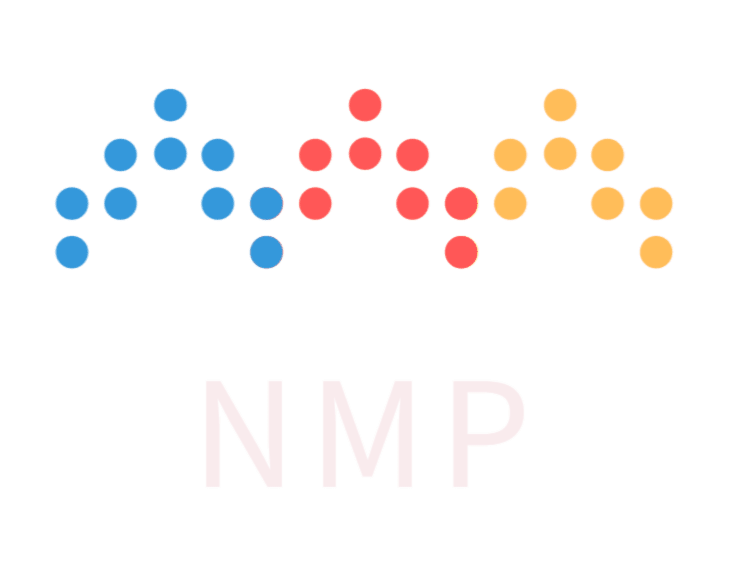VoIP Services and Cost-Savings


How VoIP Services Can Bring Cost-Savings to Your Business
VoIP services, or Voice over Internet Protocol, allow you to make phone calls over the internet instead of using traditional telephone lines. By using your internet connection to make calls, VoIP can help your business save money on phone bills. With VoIP, you can make long-distance and international calls at a lower cost than traditional phone services. Additionally, VoIP often offers features such as call forwarding, voicemail to email transcription, and conference calling at no extra cost. This can make communication more efficient and cost-effective for your business.


Benefits of VoIP for your business
VoIP, or Voice over Internet Protocol, offers various cost-saving benefits for your business. Here are a few reasons why VoIP services can be advantageous for your business:
- Reduced Calling Costs: With VoIP, you can make long-distance and international calls at significantly lower rates compared to traditional phone systems.
- Enhanced Productivity: VoIP allows employees to make and receive calls from anywhere with an internet connection, leading to increased flexibility and productivity.
- Unified Communications: VoIP integrates various communication methods such as voice, video, and messaging into one platform, streamlining communication within your business.
- Scalability: VoIP systems can easily grow with your business, allowing you to add or remove lines as needed without significant additional costs.
Considering these factors, it’s evident that adopting VoIP services can result in substantial cost savings for your business while also improving overall communication efficiency.
Cost-saving opportunities with VoIP
VoIP services offer numerous cost-saving opportunities for businesses. By switching to VoIP, businesses can reduce their communication expenses significantly. With VoIP, you can save on long-distance calls, international calls, and equipment costs. You can also take advantage of features like conference calling, call forwarding, and voicemail to email, all of which can streamline your communication processes and reduce costs. Additionally, VoIP eliminates the need for traditional phone lines and their associated maintenance and infrastructure costs. Overall, adopting VoIP can lead to substantial savings for your business while enhancing your communication capabilities.
Comparing traditional phone systems and VoIP
Traditional phone systems require physical equipment and landlines, which can be costly to install and maintain. On the other hand, VoIP (Voice over Internet Protocol) services use the internet to make calls, eliminating the need for traditional phone lines. With VoIP, businesses can experience cost-savings through lower monthly phone bills, reduced long-distance call charges, and minimal hardware expenses. Additionally, VoIP offers flexibility and scalability, allowing businesses to easily add or remove phone lines as needed without incurring additional costs.
Implementing VoIP in your business
When implementing VoIP in your business, you can bring significant cost-savings. VoIP services typically offer lower rates for local and international calls compared to traditional phone services. Additionally, VoIP allows you to consolidate your communication systems, reducing the need for separate services for voice, video, and messaging. This consolidation can lead to savings in both equipment and maintenance costs. Moreover, many VoIP services offer flexible pricing plans, allowing you to choose a package that best suits your business needs and budget. By implementing VoIP, you can effectively reduce your business’s communication expenses while enhancing your overall communication capabilities.
VoIP features for cost-efficiency
When it comes to cost-savings, VoIP offers a range of features that can benefit your business. Here are some ways VoIP can help your business save money:
- Low-Cost Calls: VoIP allows for cost-effective long-distance and international calls, reducing your phone bills significantly.
- Unified Communication: VoIP integrates voice, video, and data to streamline communication, reducing the need for multiple services and their associated costs.
- Remote Working: VoIP enables employees to work from anywhere, reducing the need for expensive office space and the associated overhead costs.
- Scalability: VoIP services can easily scale with your business needs, allowing you to add or remove lines as needed without additional infrastructure costs.
- Additional Features: VoIP services often include additional features like voicemail to email, auto-attendant, and call forwarding, which can enhance productivity and reduce costs associated with separate communication tools.
VoIP service providers and pricing options
VoIP service providers offer a range of pricing options to suit different business needs. Subscription-based plans, usage-based plans, and pay-as-you-go options are commonly available, allowing businesses to choose the most cost-effective solution. Providers may also offer additional features and services, such as call recording, video conferencing, and advanced analytics, which can impact pricing. It’s important to assess your business needs and compare pricing options from different providers to find the best fit for your organization.
Case studies: Businesses saving with VoIP
Many businesses have reported significant cost savings after switching to VoIP services. According to case studies, businesses have experienced 30-50% reduction in their monthly communication expenses after adopting VoIP. This significant cost-saving attribute to the lower cost of calls and additional features that come with VoIP services, such as video conferencing, virtual numbers, and international calling. With VoIP, businesses can also reduce their hardware and maintenance costs, as they no longer need to invest in traditional phone systems.
Tips for maximizing cost-savings with VoIP
To maximize cost-savings with VoIP, consider the following tips:
- Choose the Right Plan: Look for a VoIP service provider that offers flexible plans, allowing you to pay only for the features you need.
- Utilize Free Features: Take advantage of included features like video conferencing, call forwarding, and voicemail transcription to reduce the need for additional paid services.
- Regularly Review Usage: Analyze your usage patterns and adjust your plan accordingly to avoid paying for unused features or exceeding your usage limits.
- Implement Quality of Service (QoS): Prioritize voice traffic on your network to ensure clear and reliable call quality, preventing the need for expensive troubleshooting or upgrades.
- Leverage Mobile Integration: Use mobile VoIP apps to allow employees to make calls from their smartphones using the business phone system, reducing the need for separate mobile plans.
Conclusion: Embracing cost-effective communication with VoIP
In conclusion, embracing VoIP services for your business can lead to significant cost savings in your communication expenses. VoIP allows for more efficient and affordable communication by leveraging the internet to make calls and handle other forms of communication. With VoIP, businesses can reduce their phone bills, avoid costly long-distance charges, and take advantage of various cost-effective calling plans. Additionally, VoIP systems often come with features such as conference calling, video conferencing, and call forwarding at no extra cost, further enhancing their cost-effectiveness. By switching to VoIP, businesses can streamline their communication infrastructure and achieve substantial savings in the long run.


Recent Comments